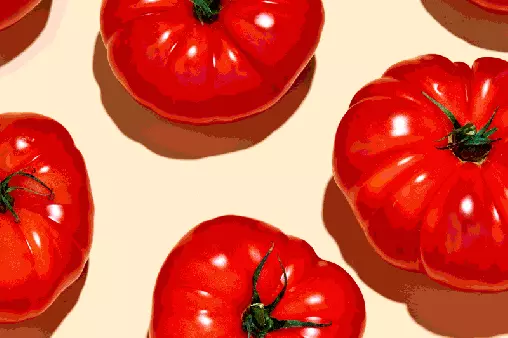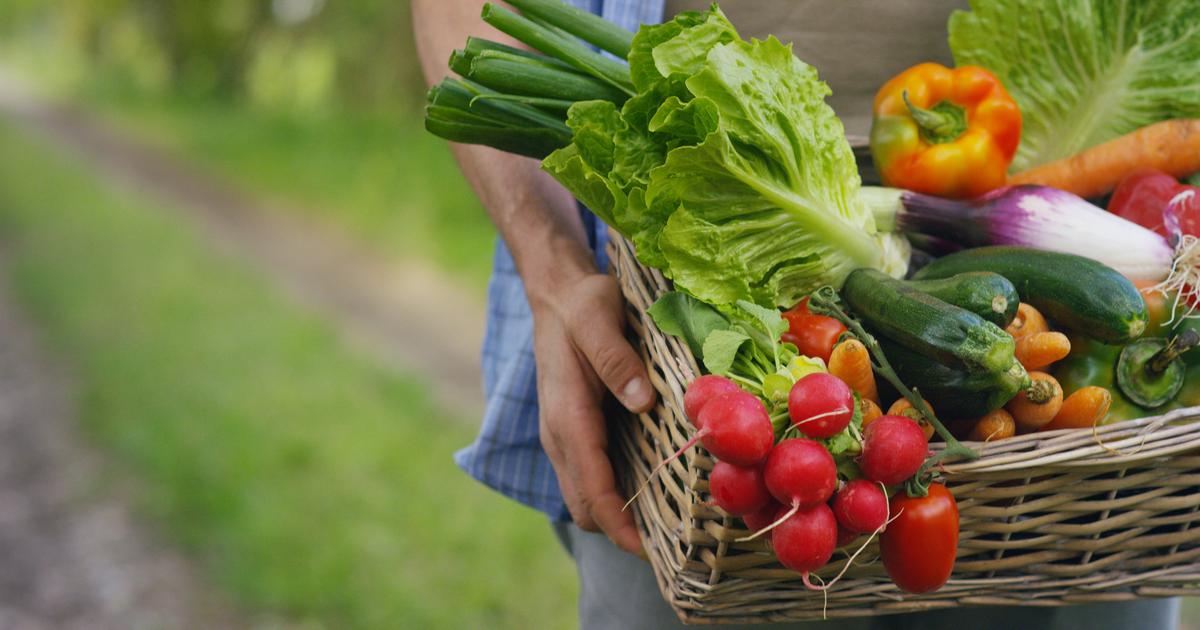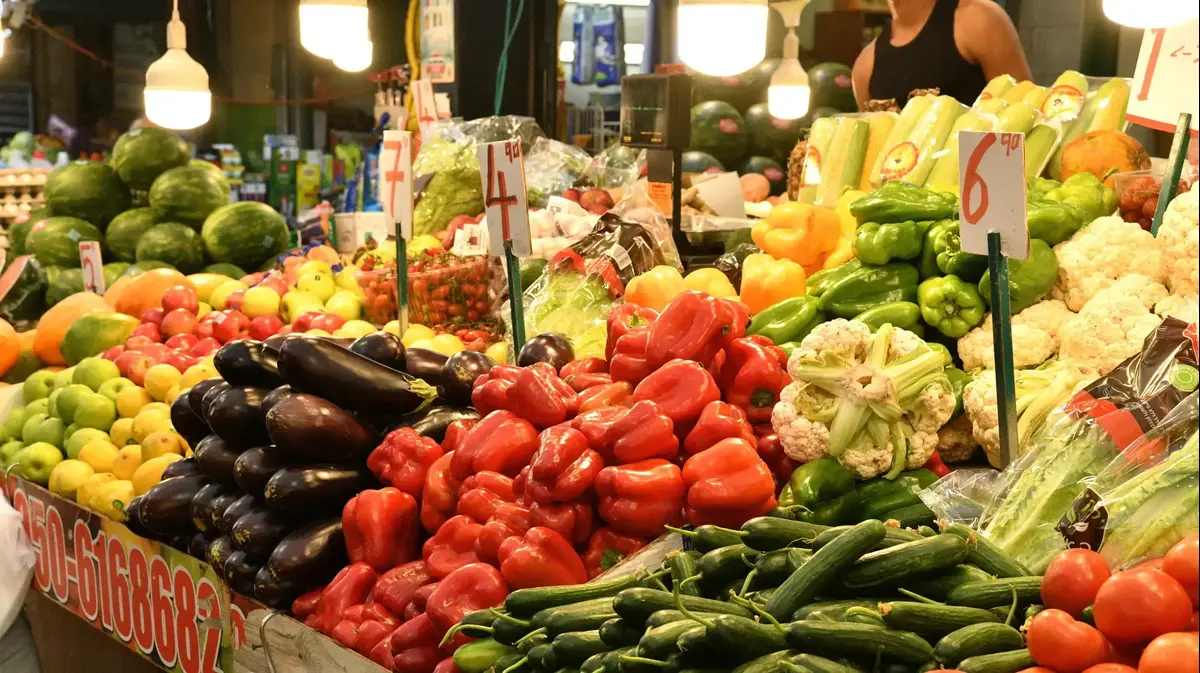health
Nutrition and diet
Preventive nutrition
Are you starting to feel cold?
These are the vegetables and fruits you should eat
Winter has come and with it the runny nose.
But just before you go to make another cup of tea, you may want to put in your mouth fruits and vegetables that contain the vitamin that can help you the most.
Here are some of the highlights
Tags
fruits
vegetables
Vitamin c
Oranges
diet
Walla!
health
Thursday, 21 October 2021, 05:49 Updated: 06:13
Share on Facebook
Share on WhatsApp
Share on general
Share on general
Share on Twitter
Share on Email
0 comments
Exercises for relieving back pain in seconds
Bennett: We can safely say that we are winning the wave ...
The dancing doctor recommends - sex strengthens the system ...
A method of dealing with insomnia
The squid game
An inflated woman
Flat stomach
A 21-year-old mother calls herself Milf
Who and what dietary fiber
Corona Projector: Very optimistic, appreciate ...
Facts about the mind
A method for testing whether an avocado is ripe - without destroying it
Five facts about tomatoes ("Do not miss" system)
The weather is getting colder and you must have noticed that many of the people around you have started to catch colds that include quite a bit of runny nose, red nose and watery eyes.
Although there is not much to do about winter colds, one thing can be beneficial - Vitamin C.
Vitamin C is a very essential compound for the human body that acts as a highly effective antioxidant (slows down the "aging" processes in the body), including in the bloodstream.
High concentrations of vitamin C can be found in fruits and vegetables, processed foods (soft drinks and vitamin-fortified breakfast cereals) and dietary supplements.
It is important to emphasize that while natural foods such as vegetables and fruits contain vitamins and other essential minerals that contribute to health, in many cases processed foods contain unwanted amounts of supplements that can be harmful to health, especially in high consumption.
More on Walla!
5 vitamins that you must add to your diet now
To the full article
Although vitamin C may not really prevent winter illnesses, a growing number of recent studies suggest that its increased consumption with an outbreak of a cold or flu may be beneficial.
According to several scientific publications, people who consumed an increased amount of vitamin C immediately upon the onset of flu symptoms reported shortening the flu period by half a day, reducing the average time at home by about 10 hours, and some relief from chest pain, fever, tremors and chills.
In specific cases the therapeutic effect of vitamin C may be higher, but it varies from case to case.
Guava
Now is the season.
Red guava (Photo: ShutterStock)
Guavas are one of the richest sources of vitamin C and in one fruit is found to be 4 times higher than in orange for example.
One medium-sized guava will provide us with double the daily requirement of vitamin C (about 200 mg). This vitamin has many health benefits and it improves the absorption of iron in the gut, essential for the proper functioning of various components of the immune system and wound healing.
Guava is also rich in vitamin A, which is essential for growth and development processes, for vision and especially for normal night vision, etc. In addition, it contains a good amount of dietary fiber, potassium and lycopene.
Red pepper
Just looks innocent looking.
Peppers are washed in the sink (Photo: ShutterStock)
This may surprise you but half a red pepper a day provides the recommended dose of vitamin C - 100 mg - several times as many oranges as for example. In addition, red pepper contains a number of important antioxidants such as lutein and ziaxanthin, which are important for maintaining eye health. In addition, it contains Beta carotene that contributes to cancer prevention and also serves as a major source of vitamin A.
Tomatoes
Add to any salad.
Tomatoes (Photo: ShutterStock)
Tomatoes can provide a high percentage of the recommended intake of vitamin C (as long as eaten fresh, otherwise the vitamin is destroyed in cooking).
It is also a good source of vitamin A that helps strengthen the immune system, vision and skin health.
Tomatoes also have vitamin K, which contributes to bone health, and potassium - a key component in heart health and function.
Tomatoes also contain an antioxidant called lycopene.
He is the one who gives her her color red, but he is also the one who gives her the effect she has on heart health.
Oranges
Citrus fruits are full of vitamin C. Orange (Photo: ShutterStock)
It's no secret that citrus fruits are full of vitamin C (one orange has about 50 milligrams and grapefruit about 40 milligrams), which acts as a very important antioxidant, which encourages the formation of white blood cells and has antiviral and antiseptic properties.
By the way, vitamin C plays an important role in the production of collagen, which is necessary for the construction of connective tissue, healing wounds and maintaining a smooth and healthy skin appearance.
Oranges, and the citrus fruit family, contain flavonoids, especially essential plant ingredients that have been found in studies to help maintain heart health, help stabilize blood sugar levels, and help lower and balance cholesterol.
In addition, they are full of potassium, dietary fiber and fluids, and on the other hand they contain few calories and contribute to the activity of the digestive system.
Equal.
Kiwi
Exotic, delicious and healthy.
Kiwi (Photo: ShutterStock)
Eating kiwi is one of the simplest (and tastiest) ways to replenish your recommended daily intake of vitamin C. One fruit contains 100 grams of vitamin C, which is 150 percent of your recommended daily intake.
There are even studies that show that eating kiwi improves with asthmatics and reduces the rate of wheezing in children with asthma.
Strawberries
Just in time for winter.
Strawberries (Photo: ShutterStock)
Strawberry is among the leading fruits in the amount of vitamin C and in one cup we have the amount we need per day.
Strawberries are rich in vitamin C, so it contributes to the immune system, in addition to the fact that strawberries contain a large amount of one of the most important antioxidants in nature - anthocyanins.
Strawberries are also an excellent source of folic acid, and they also contain other vitamins such as vitamin K and B vitamins.
Share on Facebook
Share on WhatsApp
Share on general
Share on general
Share on Twitter
Share on Email
0 comments











/cloudfront-eu-central-1.images.arcpublishing.com/prisa/S7ERVSCT4FUVX6R7TUVBDNTH5Y.jpg)


